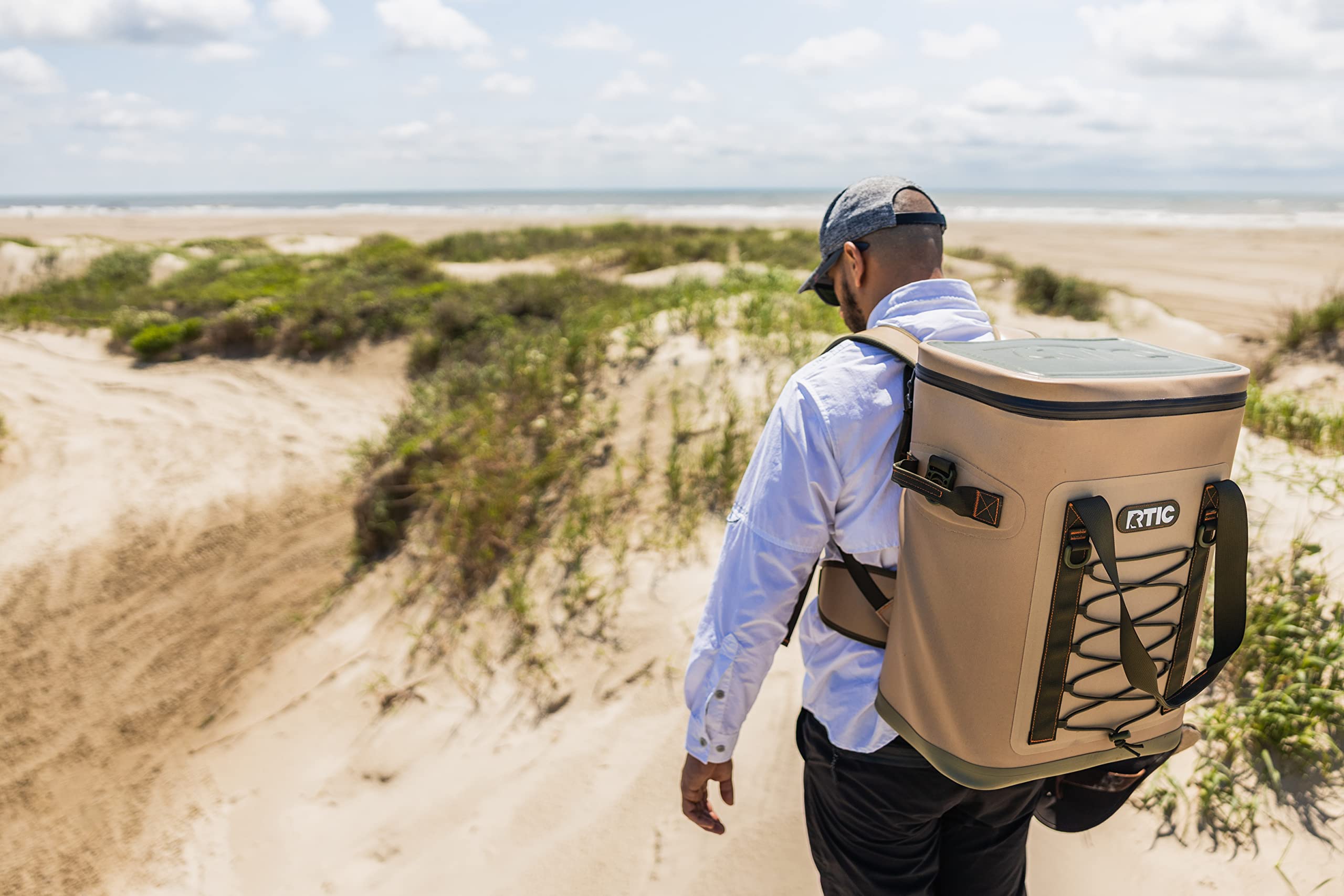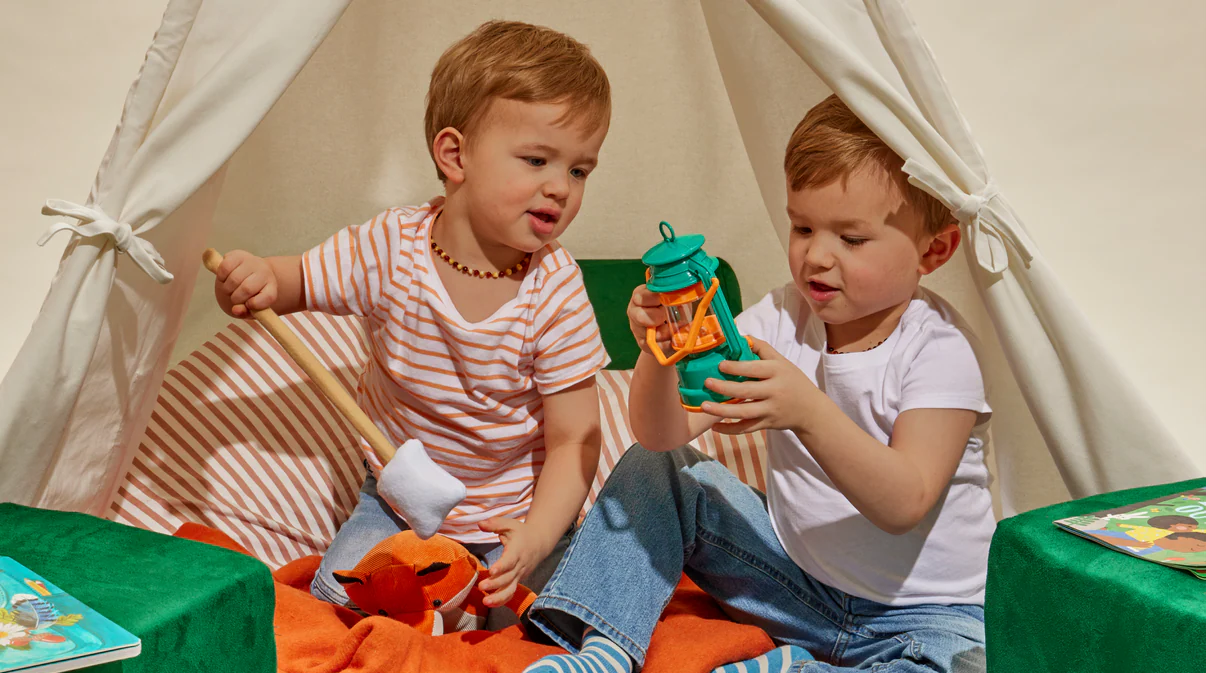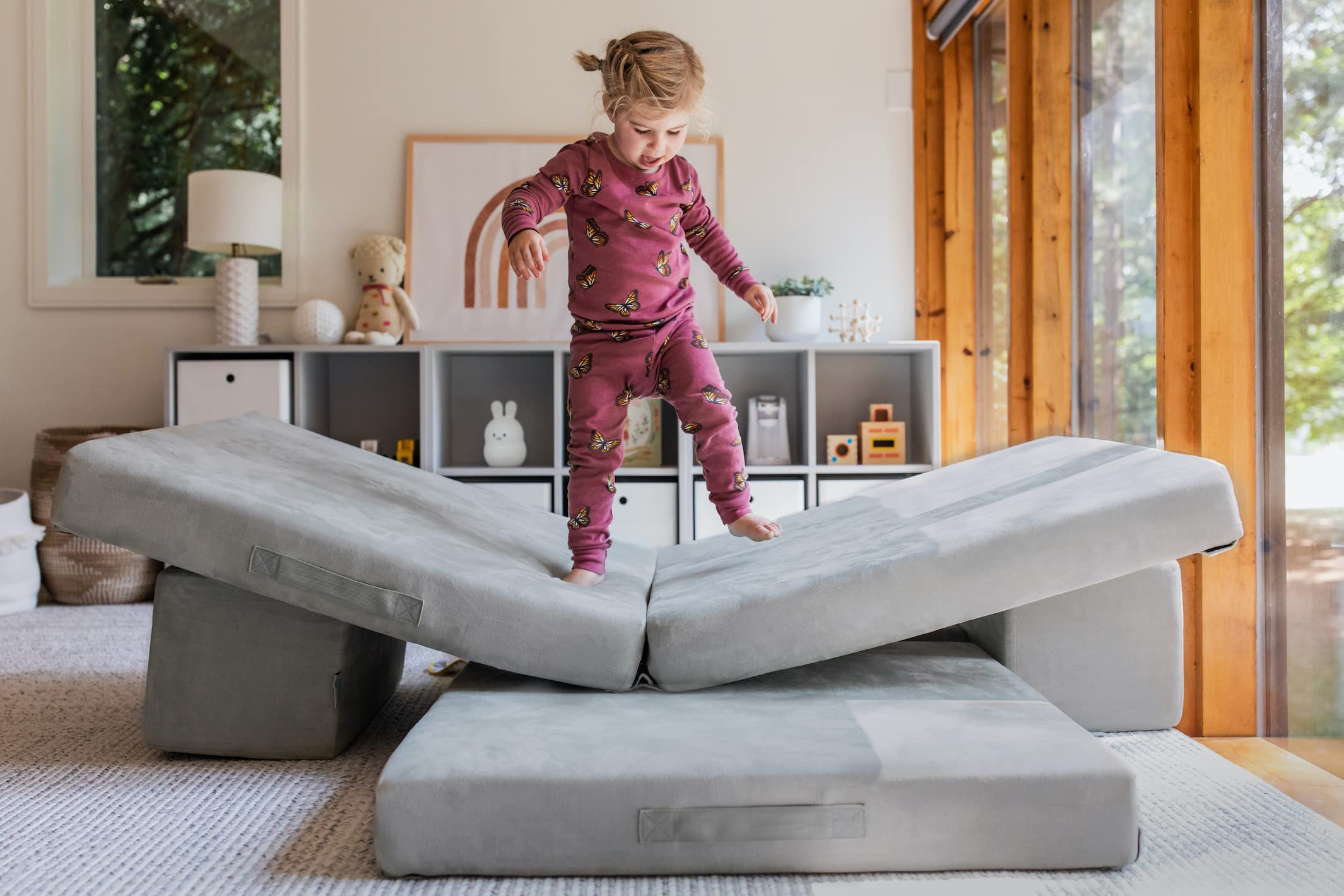What “The Bachelor” Can Teach You About CRO
Learn how bold brand storytelling, inspired by The Bachelor and Figgy’s founder, can build trust and boost conversions by helping you stand out.
You might hate The Bachelor, but you probably know how it works: 25 people show up at a mansion in Southern California with a single goal.
That goal? Not to fall in love, on that first night.
No, their goal is simply not to get eliminated.
And how do they avoid getting eliminated? By making a big, specific first impression.
Obviously, some of these are perhaps too over the top. Nobody’s telling you to dress up like a shark. But if you’re an equestrian, and you show up on a horse, nobody’s going to forget you’re an equestrian — as the contestant in the video above was no doubt reminded by her producer.
And in a sea of competitors who didn’t show up on a horse — well, everyone’s going to remember the woman who showed up on a horse. Who had the courage to tell her story, in a big and memorable way.
Too often — whether while competing on a reality television show or debuting a collection of deeply thoughtful products online — we shy away from telling our big, specific story. This is quite literally bad for business.
Let’s do a quick case study: Figgy, the Wisconsin-based maker of some incredibly well-designed play couches for kids.
Figgy couches cost more simply because they’re better, with higher-quality fabrics and superior construction. What parent wouldn’t want the best possible play couch for their kids?
While Figgy’s creators had gone to great pains to justify their prices on their product detail pages, the facts — like the specifics of the fabric weight, for example — didn’t tell the full story.
When we investigated more deeply, we learned that Figgy’s co-founder, Chris Roepe, had the best possible background for selecting the fabrics that would be in close contact with kids’ skin all day long:
“I used to put uniforms on everyone at American Airlines and Delta Airlines, and in every bank, every credit union in the United States and Chase Bank, including their suiting and everything else. Think about that population set — we're talking about three, four hundred thousand people. I saw every single type of reaction a body can have with a garment of clothing. Nobody else has ever been in that —I mean, yes, people have, but not normally. And so when we made this, I was like, ‘Oh, hell no, are we ever going to get into a situation where a kid gets a rash because of something on our product.’”
Come on! That’s a million-dollar story. And it was absolutely nowhere on Figgy’s website. Chris’s background informed all of their product development and materials selection, and as soon as you heard it, you understood why their couches cost more than their competitors: Not because they were priced too high, but because his deep experience gave him a unique understanding of his field and compelled him to use fabrics that would do right by his clients (and their kids).
Chris’s story — his big, specific story — was an incredible competitive advantage and it wasn’t communicated anywhere on Figgy’s site.
We could do a deep psychological dive into why it wasn’t communicated on his site: Sometimes, we think — incorrectly — that it just doesn’t matter, because surely everyone else is as thoughtful as we are. (Untrue!) Sometimes, we think our experiences are humdrum and unimportant. (Also untrue!) Mostly, we just have too many things to do, and sharing our big, specific story doesn’t feel as important as the 100 other things on our to-do list.
The reality is that most people who start a business choose that business for deeply personal reasons — like these supplement founders, who were universally motivated to do so by their own health crises. Sharing this story — in a big, bold, memorable way, like the stars of The Bachelor — can be a transformative element in bringing buyers closer to your products, and convincing them to make the purchase.
What is your big, specific story?
How can you share it in a way that builds a deeper relationship between your brand and your buyers?




.avif)




















